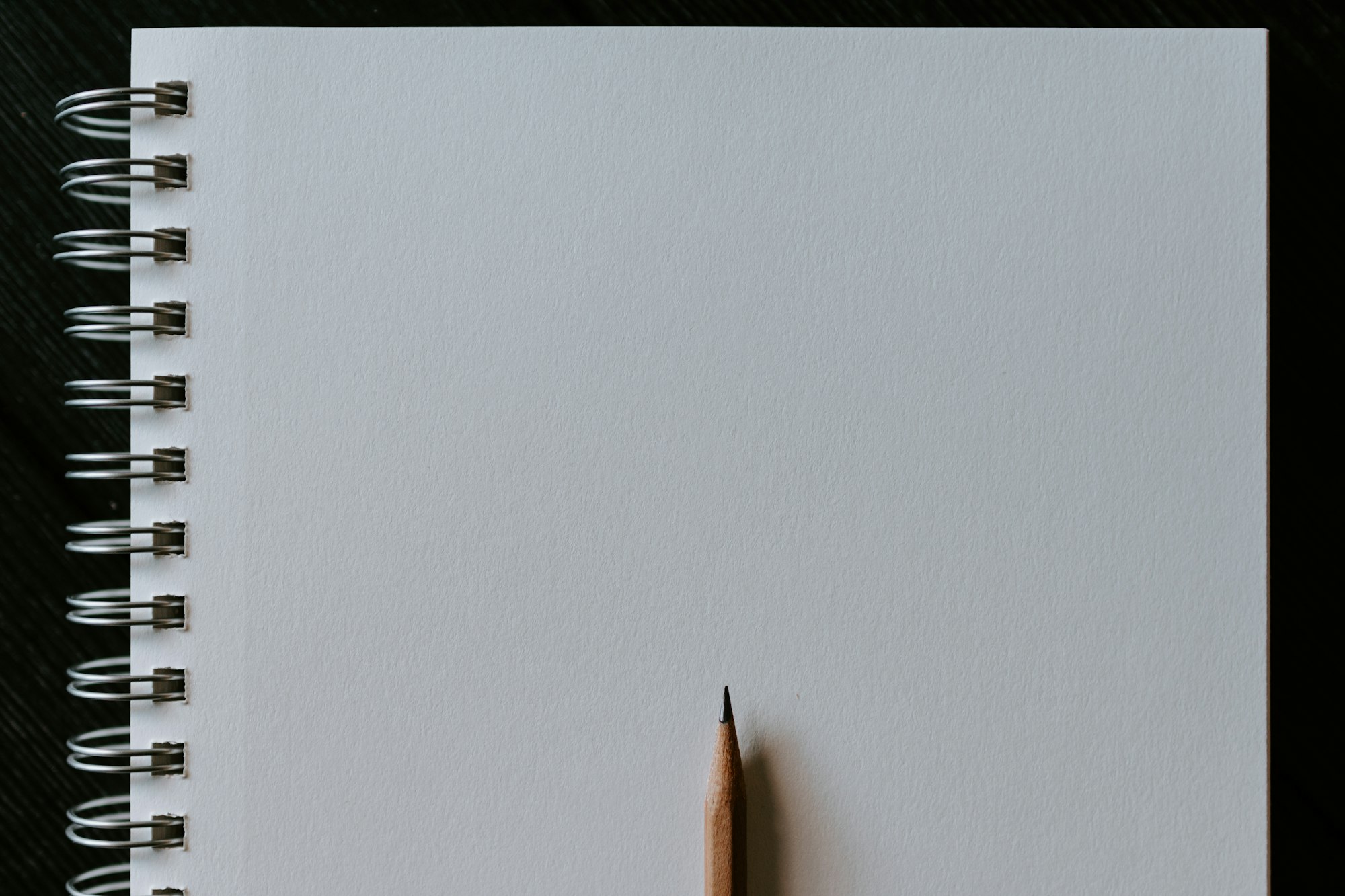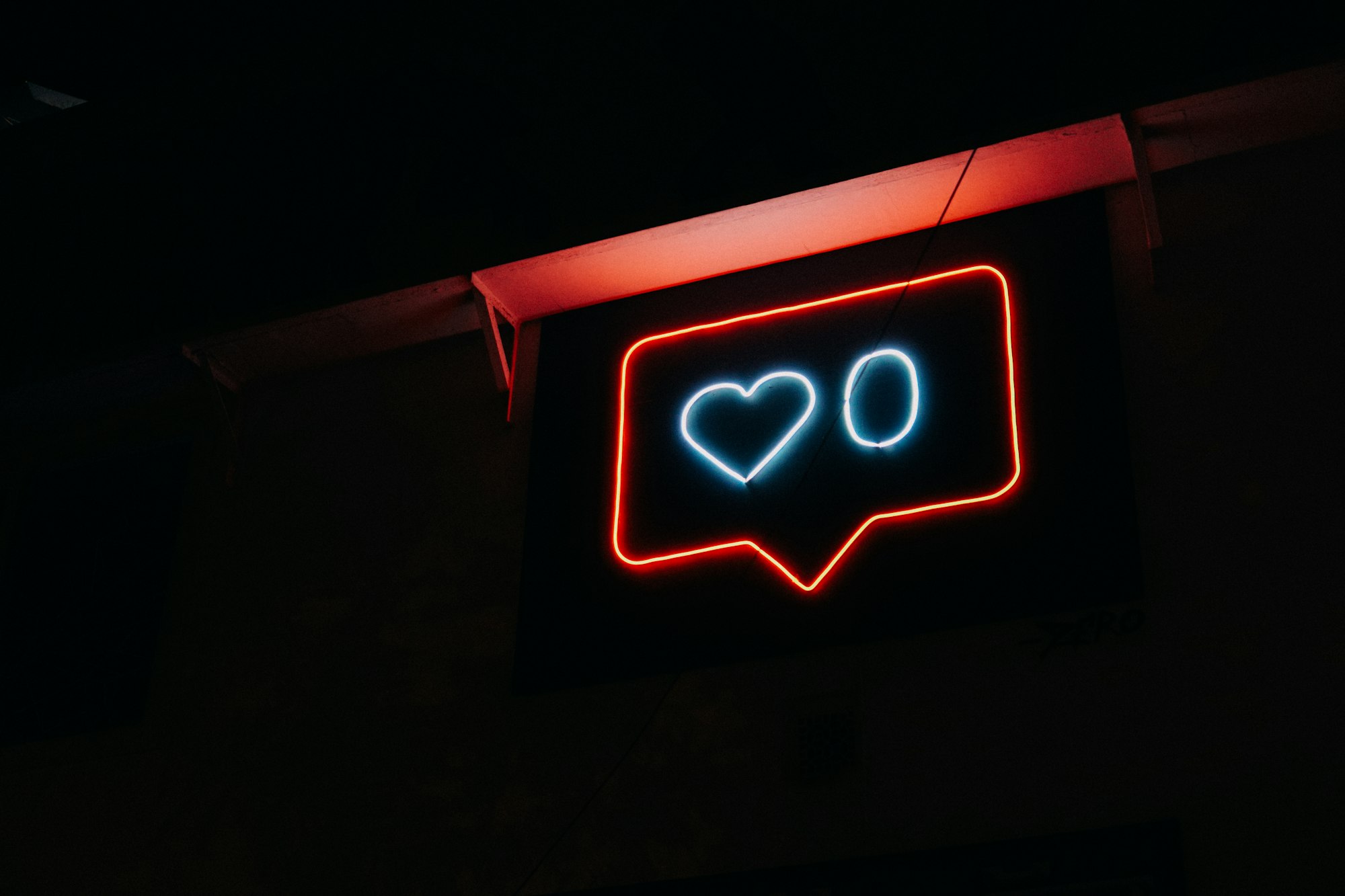Challenges

Challenges need to be finely balanced. Too much and we risk giving up or being hurt by the experience, too little and the challenge doesn't reap the full extent of rewards.
I love challenges, such as Inktober. I find they motivate me to try new things, kickstart a new habit (usually daily drawing) and connect me with many like-minded people also joining in.
Let's explore why we should do challenges and how to do them without burning out or feeling like a failure. At the end I have curated a list of interesting challenges you can try.
Why do challenges?
Challenges, when done correctly, can hit that golden spot of learning that's known as the zone of proximal development. I touched on the concept recently:

Essentially, challenges extend our efforts beyond our comfort zone so there will be some struggle but also some help to get through. If there's no pushing of our limits it simply isn't a challenge. The trick is to know our limits and how much pushing we can take!

Challenges can be a single go at something, but I associate them with multiple sessions. Just like learning to ride a bike usually takes more than attempt, the types of challenges I prefer and participate in are completed over a period of time or number of attempts. This helps to reinforce the learning (perfect for building a habit) and allow for mistakes to happen but also more importantly, growth. With each addition or step along the way we gain momentum and confidence.
Challenges are personal, but they can be social too. Although we each work individually the goal may be the same for everyone participating. Having someone you're accountable to has been shown to help people lose more weight than going solo. Being part of a community can provide motivation to continue, support for when things go wrong and a place to celebrate achievements.

I find the challenging part of a challenge is completing the work on time and reaching the finish. The process should be fun. So the rules in challenges help by limiting choices such as topic or tool and provide a structure to work within. Otherwise it's like being asked to build a house with no plans!
If you're stuck for ideas on what to draw but would like to make it a daily habit for example, then having a list of keywords (i.e. prompts challenge) is useful for reducing decision paralysis but still gives room to interpret the keyword personally. I believe this is why Inktober works so well - originally it started as a personal challenge to improve the creator Jake Parker's inking skills and build a daily habit. By adding the prompt list there was a topic for each day that could be thought about in advance and might even be cohesive in theme (e.g. spooky Halloween in October). Others could join in with their interpretation, whereas without the prompt list it would just have been someone's personal goal and not become a globally recurring event with thousands of participants.
Another aspect of challenges are that they are usually a finite amount of work or effort. By this I mean that they can end, either when a goal or deadline is met. This makes them ideal for exploring, an important part of creativity. Using Inktober as the example again, there are 31 days, or drawings, during which an artist can try out a new technique or tools - inking with pens or paint. If afterwards the exploration didn't yield anything then there's no requirement to continue but at least there is a body of work and a solid attempt has been made.
Challenges force us to evaluate ourselves when we are being pushed to our limits. We become more attuned to our own limits and abilities, sometimes surprising ourselves. At the end of a successful challenge we find we are stronger, not just physically but mentally; being more confident and self-aware.
Beware
There are different flavours of challenges, ranging from more strict, set ones with given prompts for each day to the very broad. Not every challenge is suited to our personal needs so be careful in choosing what to participate in. It helps to set a goal and intention linked to the challenge to improve your chances of success and to monitor progress towards achieving the goal.


This is where its good to know yourself and your limits: are you someone who works well with rules or do you prefer to have flexibility? Do you like to check off an achievement each day? Are you easily distracted or need support to keep going? Do you lose a lot of time choosing what to do and need help eliminating decision paralysis? When and where will you work on this? Answering these questions goes a long way towards setting ourselves up for success. Sometimes it takes doing a challenge to discover these aspects of ourselves.
It's all well and good to set a goal - "reach for the moon and at least if you fall you'll land among the stars", however setting too high a bar with unrealistic expectations leads many to experiencing burnout or feeling like failures. So either set a realistic and achievable goal, or keep in mind that the lofty goal you set yourself might never be reached.
Treating yourself kindly might sound wishy washy but is important to avoid negative thoughts that can evolve into destructive habits. This could mean letting yourself miss days or put it aside for a while (especially when life has other plans) or even leave the challenge unfinished when it's no longer serving your needs. If you can accept these without berating yourself or feeling guilty then you're more likely to be able to move on because the pressure of failure won't be there. Personally this is something I have learned but still struggle with and usually means I end up completing the challenge a few days later than originally planned.
Although the social aspect mentioned earlier can be a wonderful part of participating in a challenge, it also means there might be a desire to compare your work with others. As ever with social media, this is a fine line that requires self-confidence in your own ability (really its only fair to compare with your past self) and to admire others work with inspiration rather than jealousy or self-derision.
Avoid comparing your work with others.

Finally I recommend having a break after doing a challenge. Not just because they can be mentally and physically exhausting and recovery is needed, this also allows time for processing what you've learned. Then you're ready for the next part of your journey!
Interesting challenges to try
- Journaling with Nature prompts
- Monthly drawing e.g. Inktober, Plein airpril, Sciart September (and many more!)
- My 31 ideas to try nature journaling:

- 100 day project (starts Feb 13th 2022!)
- Perpetual journal by Lara Gastinger - a drawing a week that continues to be added to each year. Each page or spread covers one week and can help highlight changes over the years.


Member discussion